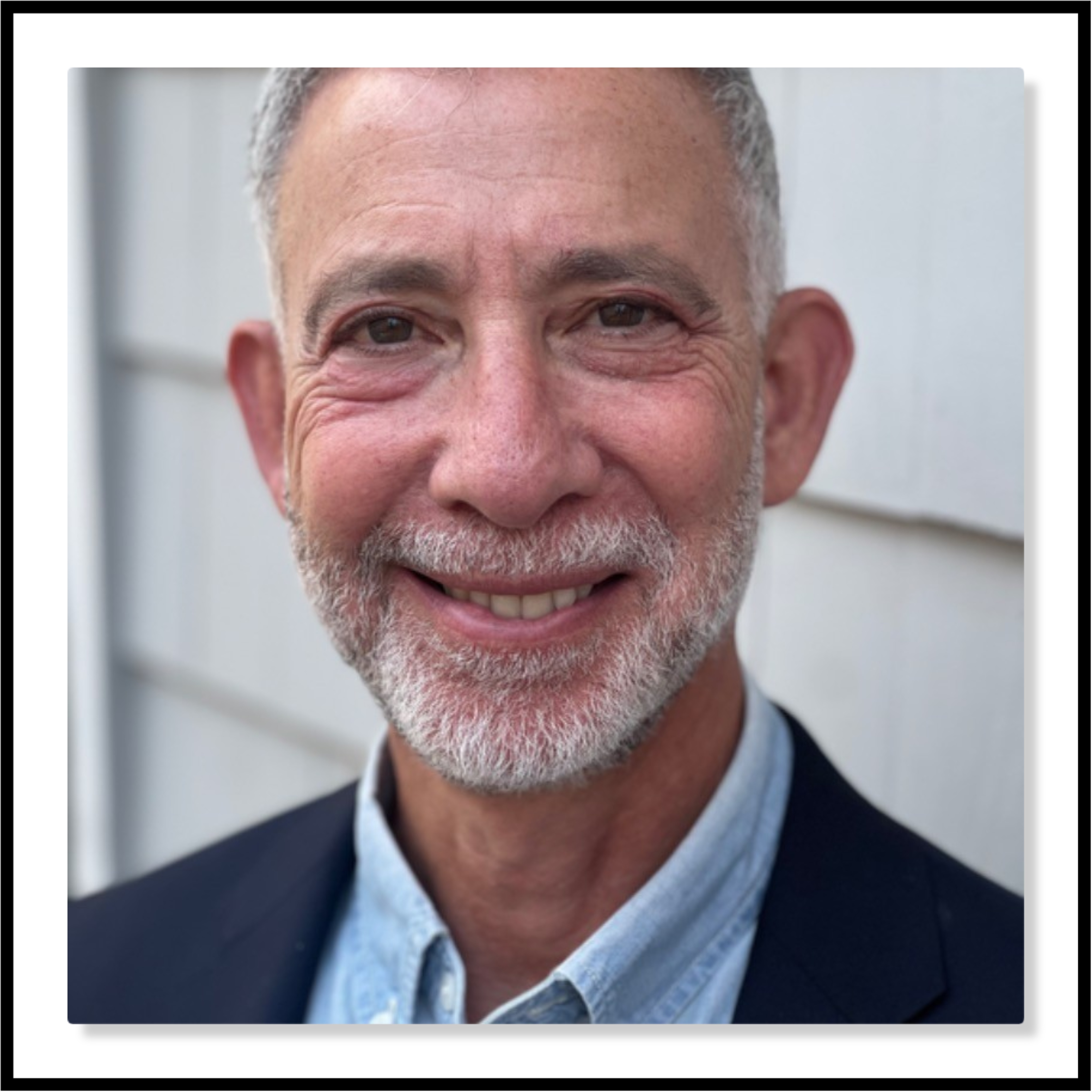Leading with Purpose: Insights from Dr. Louis Josephson on Attracting and Retaining Talent in Nonprofit Healthcare
Q: As the leader of several Nonprofit organizations with a mission to provide the best possible care, services and support for those struggling with behavioral health, addiction and mental health issues, how difficult is it to attract and retain talented employees to support this vulnerable population?
A: Organizations that focus on human services with vulnerable populations have unique challenges in attracting and retaining staff. First, employees must have a real passion for the mission of the organization and the people they serve. Frankly, the work is hard, and personal safety is an issue even for well-trained staff. Second, although human services organizations have committed supporters, they often struggle to make budgets work due to inadequate funding from the government and health plans. This means that we have fewer dollars to pay staff what they deserve for doing tough jobs. These two issues alone make it difficult to attract and retain talented staff.
Q: With limited budget and compensation available, what are some of the other enticements you’re able to offer prospective employees?
A: There are strategies that I have used to balance out the challenges faced in staffing human service organizations. Having robust benefits is often a selling point although the escalating cost of health insurance is making this harder. Opportunities to advance in the organization can inspire high-performing staff to stay as they gain experience and take on supervisory and management tasks. And despite our current national climate, an investment in diversity, equity, inclusion and belonging can make a real difference. People attracted to human services work obviously value human connection and are sensitive and caring people. Working for a company that embraces these values and demonstrates through action a serious commitment to diversity, equity and inclusion can often see an improvement in employee retention.
Q: What are some of the characteristics you look for as you evaluate talent for the organizations you’ve led?
A: The most important characteristic in our business is hiring staff who are empathic and are on a mission to make a difference in people’s lives. This quality is important in all positions, not just direct care staff. Employees appreciate knowing that staff in the financial office or human resources are sincere about their roles in supporting staff to accomplish the mission. I like to say that we can teach employees anything they need to know about their work, but we cannot teach empathy…you either have it or you don’t.
Q: How do you offer support to your employees who are interacting with clients / patients that have significant challenges to address and overcome? It must put a daily strain on these employees.
A: Human services organizations must have strong support in place to help with challenging situations. It starts with core training on managing client behaviors but also includes subjects like self-care. Burnout is a threat to employee retention so anything leadership can do to mitigate that is essential. Working together as a team when crises arise is critical and as CEO I am personally involved in difficult situations as much as possible to show staff that I care and am standing with them.
Q: In the face of budget constraints, layoffs, and inflation, how can Nonprofit Healthcare organizations continue to successfully complete their mission of supporting our most vulnerable and underserved citizens?
A: Although it is always challenging for nonprofit healthcare organizations to have enough resources to meet their mission, we are clearly heading into a time of great uncertainty in funding. Leadership, along with their Boards of Directors, may have to make tough decisions to prune programs that no longer have enough funding. CEOs need to take the long view: that their organization must be around to serve their community in 50 years so painful decisions in the present may be needed. A mentor of mine once advised me: “Don’t fall in love with programs,” and it is good advice. As leaders we have to remain clear-eyed about the long-term sustainability of the organization even if it means cutting a beloved program.
Q: Would you have some words of advice to share with Human Resources professionals interested in embarking on a career in the Nonprofit / Healthcare industry?
A: We need great human resources professionals in healthcare. Healthcare is a people business, literally at the bedside. We do not have a mission; we do not have a “product” beyond what our employees do to help our clients. Without our staff we are nothing. This context makes it imperative to have outstanding human resources staff hiring and supporting great employees. Staff are the number one resources, and no one can impact this vital asset as much as our human resources team.
Dr. Louis Josephson: linkedin.com/in/louis-josephson-18532114


Recent Comments